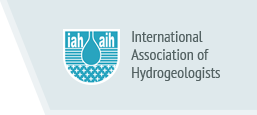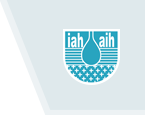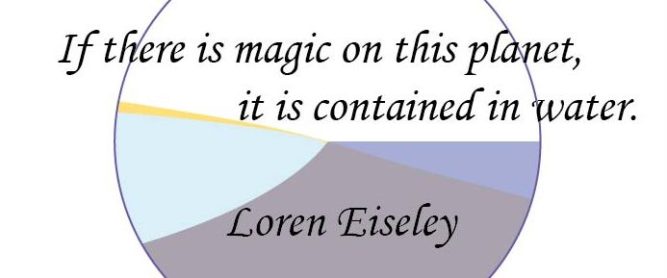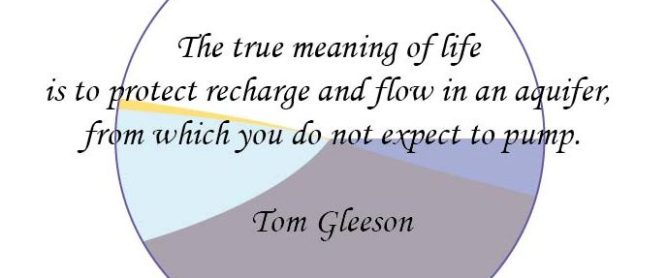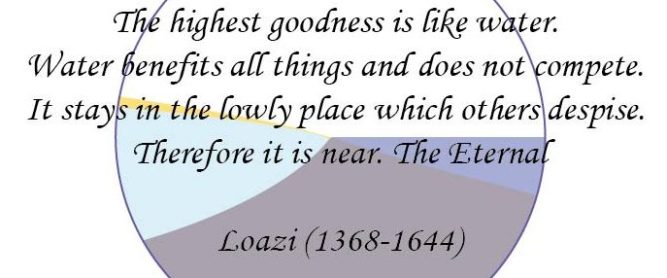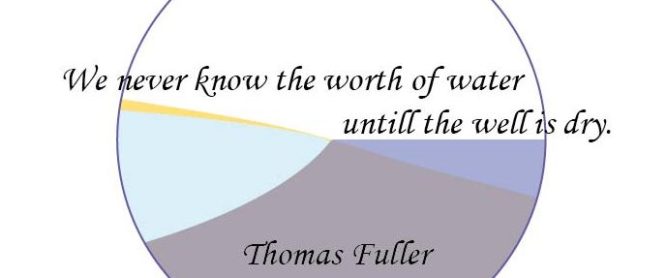About the Network
Organisation
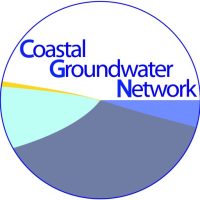
The Network provides for the roles of a Director and two Co-Directors, as laid down by the IAH for all networks. The network also relies on the important and active contributions of volunteers, such as the webmasters of this website.
The group holds regular meetings, typically once a year, both face-to-face and remotely, and maintains an open and frank dialogue through the Google Group, which can be subscribed to at https://groups.google.com/g/iah-cgn.
The main sources of news and information are disseminated through this website.
Aims
The continuing growth of the world’s population has been accompanied by an increasing concentration of people along the world’s coastlines. These trends are leading to the widespread overexploitation of coastal groundwater for various purposes and, more recently, to the search for fresh or otherwise non-saline offshore groundwater. Additionally, the rising threat of climate change, particularly sea-level rise, is a critical concerns that further complicate these challenges. All these stresses negatively affect freshwater availability needed for agricultural, industrial and domestic demands, while also causing damage to ecosystems. Moreover, groundwater discharge into the sea plays a crucial role in coastal ecosystems, influencing nutrient cycling, salinity balances, and marine habitats, thereby underscoring the importance of a comprehensive understanding of coastal groundwater dynamics.
Currently, the technical and scientific challenges of coastal groundwater are unfolding across multiple fronts. Examples include studying of the geochemical and geophysical characteristics of fresh and marine (offshore) waters in coastal aquifers, analyzing the complex geology of coastal groundwater systems, monitoring and surveying hydro(geo)logical, geochemical and geophysical characteristics, identifying feasible solutions for optimal and sustainable fresh groundwater management, considering climate change effects, and developing and applying advanced numerical modelling tools.
The severe consequences of depletion and quality degradation of fresh groundwater resources may necessitate behavioural shifts, complex or extensive interventions, ranging from the construction of physical barriers to controlled managed aquifer recharge. Additionally, drastic measures to limit groundwater abstraction are necessary (with inland and offshore implications) that necessitate an in-depth examination of social and regulatory issues.
The Coastal Groundwater Network addresses these challenges by leveraging the synergies among the world’s most dedicated hydrogeologists, who are engaged in a wide range of scientific and technological studies and research concerning coastal groundwater.
The objectives of the Coastal Groundwater Network are to disseminate knowledge, to raise awareness of the specificities and vulnerabilities of coastal groundwater, to promote new discussion and research initiatives, and to engage in dialogue with other IAH networks and commissions, as well as with other national and international institutions, on issues related to the objectives of the network. Furthermore, the Network aims to facilitate the implementation of innovative groundwater management practices and foster educational programs to train the next generation of hydrogeologists. Additionally, it seeks to establish a comprehensive database of coastal groundwater studies to support global research efforts.
If you recognise yourself in just one of our objectives, join our network without delay!


